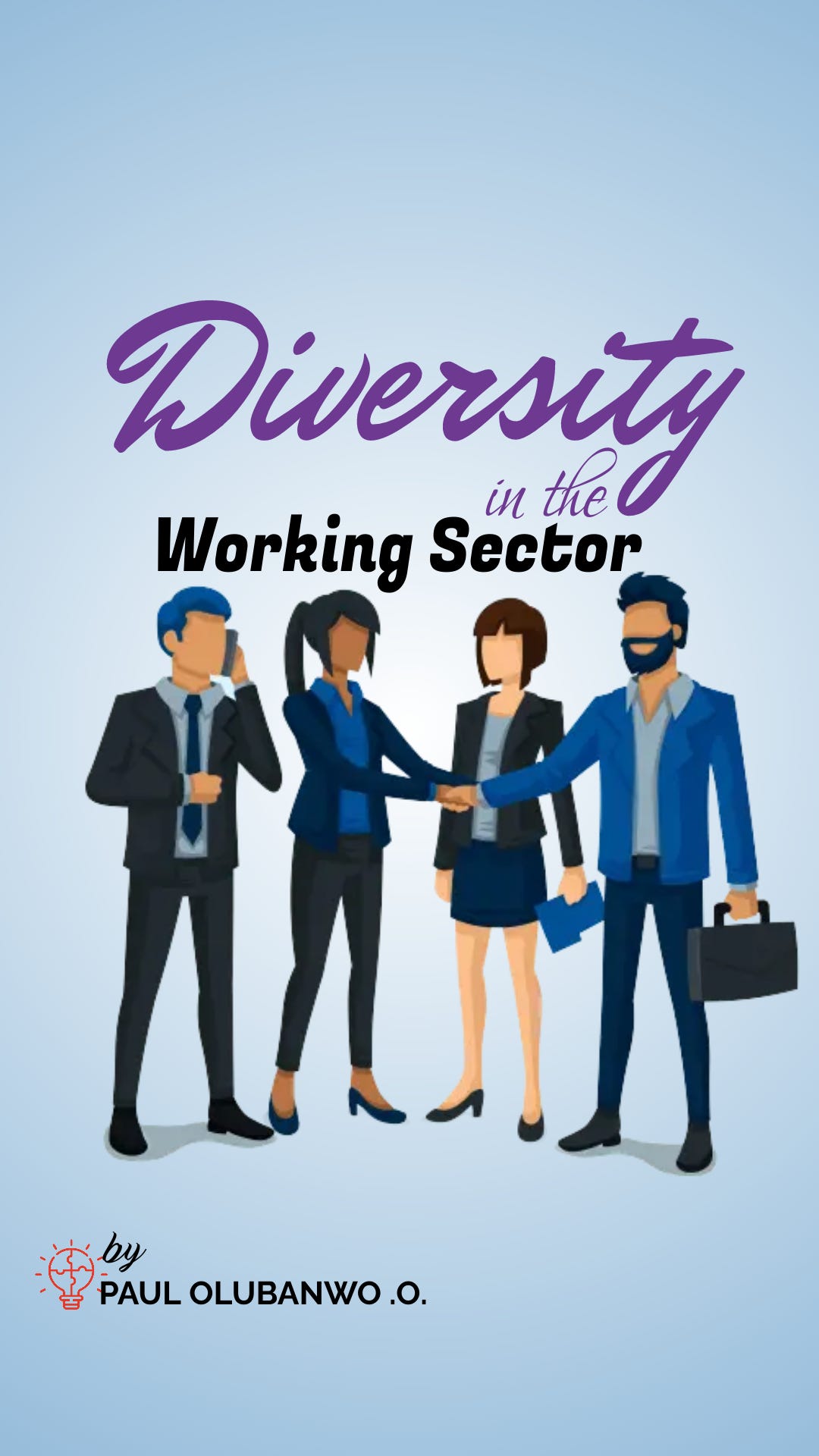Introduction:
In today's interconnected and globalized world, diversity has emerged as a fundamental aspect of the workplace. Embracing diversity goes beyond mere acknowledgment; it entails recognizing and valuing the unique qualities, perspectives, and experiences that individuals from different backgrounds bring to the table. By creating an inclusive environment where every individual feels respected, empowered, and has equal opportunities to thrive, organizations can unlock the full potential of their workforce.
Enhancing Innovation and Creativity:
Diversity in the workplace serves as a catalyst for innovation and creativity. When a diverse range of individuals come together, they bring a wealth of perspectives, insights, and problem-solving approaches. This diversity of thought stimulates the generation of fresh ideas, fosters creative thinking, and empowers organizations to tackle challenges from multiple angles. The fusion of different backgrounds, experiences, and skills often leads to breakthrough innovations, driving organizational growth and enhancing competitiveness in today's dynamic business landscape.
Expanding Market Reach:
A diverse workforce enables organizations to connect with a broader customer base. In a world experiencing demographic shifts, diverse teams are better equipped to understand and cater to the needs, preferences, and cultural nuances of various customer segments. This cultural intelligence empowers organizations to develop products and services that resonate with diverse audiences, resulting in increased market share and enhanced customer loyalty. Furthermore, diverse teams contribute to better decision-making by considering a wider range of perspectives and anticipating potential market trends.
Boosting Employee Engagement and Retention:
Inclusive workplaces that genuinely value diversity experience higher levels of employee engagement and retention. When individuals feel seen, heard, and respected for their unique identities, they are more motivated, productive, and committed to the organization's success. Creating an inclusive work environment not only reduces turnover costs but also retains valuable institutional knowledge. Moreover, an inclusive culture fosters a sense of belonging, psychological safety, and overall job satisfaction, resulting in a positive organizational climate.
Enriching Problem-Solving and Decision-Making:
Diversity in the workplace enhances problem-solving and decision-making processes. Teams composed of individuals with diverse backgrounds, experiences, and expertise approach problems from multiple angles. This diversity of perspectives helps identify potential biases, overcome groupthink, and arrive at more robust and well-rounded decisions. By considering a broad range of viewpoints, organizations can avoid blind spots and make informed choices that align with their strategic goals.
Building a Reputation for Social Responsibility:
Organizations that prioritize diversity and inclusion cultivate a positive reputation as socially responsible entities. In an era where stakeholders, consumers, and prospective employees value corporate social responsibility, a commitment to diversity sends a strong message about an organization's values and ethics. By fostering an inclusive work environment, companies can attract top talent, enhance their brand image, and build trust with their stakeholders.
Conclusion:
Diversity in the workplace is not only a moral imperative but also a strategic advantage. Embracing diversity cultivates an inclusive environment where individuals can thrive, contribute their unique perspectives, and drive innovation. By recognizing the significance of diversity, organizations unlock the full potential of their workforce, strengthen their competitive advantage, and create a more equitable and prosperous future for all.




